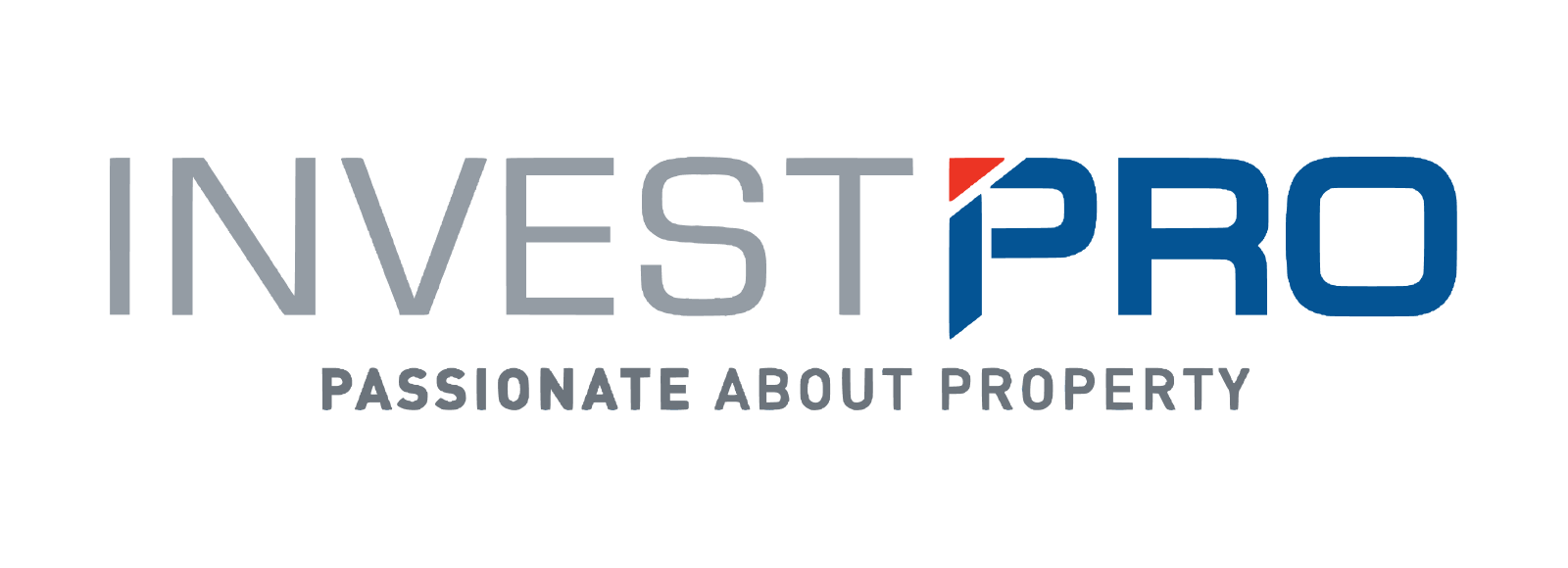Ensuring Steady Rental Income: Effective Strategies to Prevent Arrears
Rental properties can be a valuable investment, providing a steady stream of income and potential long-term appreciation. However, late or missed rent payments can disrupt your cash flow and cause financial stress.
Here are some proactive measures you can take as a landlord to minimise the risk of rental arrears and ensure a more stable income:
Strong Tenant Screening
The cornerstone of minimising risk is selecting reliable tenants. Conduct thorough background checks, including credit checks, references from previous landlords (with their permission), and employment verification. Look for tenants with a history of on-time payments and responsible behaviour. Consider partnering with a reputable property management company that has a proven track record of tenant screening.
Clear Communication
Maintaining open communication with your tenants from the very beginning is crucial. Draft a clear and concise lease agreement that outlines expectations for both parties, including rent amount, due date, late payment fees, maintenance responsibilities, and pet policies. Send monthly invoices well in advance of the due date. Consider using property management software to automate rent reminders via email or SMS. Be responsive to tenant inquiries and address any concerns promptly. Building a positive relationship with your tenants can foster a sense of trust and encourage on-time payments.
Early Payment Incentives
Encouraging timely payments by offering incentives like discounts or rewards for early payments can be effective. Consistent early payers could receive gift cards, discounts on parking or storage fees, or rental increases held off for the following year. While offering incentives can be a good strategy, ensure they fit within your financial margins.
Building a Reserve Fund
Having a financial cushion in place to cover potential shortfalls is essential. Allocate a portion of your rental income regularly to a reserve fund specifically for unexpected expenses or rental arrears. Aim to save enough to cover at least a few months of mortgage payments and potential vacancy periods. If your rental income directly covers your mortgage, create a buffer period between your rent due date and your mortgage payment due date. This buffer will help you manage any cash flow disruptions caused by late payments.
Understanding Legal Procedures
Familiarise yourself with the legal eviction process in your area. Knowing your rights and responsibilities can help you navigate any potential disputes more efficiently. Consider consulting with a lawyer to ensure you understand the legalities involved, particularly regarding tenant rights and eviction procedures. The eviction process can be lengthy and complex, so understanding the steps involved and your options can help you avoid delays and minimise financial losses.
Additional Resources
The Rental Housing Tribunal (RHT) is a valuable resource for landlords and tenants facing disputes. The RHT can help resolve issues related to:
- Unpaid Rent: The RHT can assist in recovering unpaid rent from tenants and enforcing late payment fees outlined in the lease agreement.
- Tenant Damage: The RHT can mediate disputes regarding damage to the property caused by the tenant beyond normal wear and tear.
- Eviction Issues: The RHT can handle situations involving illegal evictions or non-compliance with house rules outlined in the lease agreement.
- Maintenance Concerns: The RHT can address concerns regarding a landlord’s failure to maintain the property in a habitable condition, as outlined in the lease agreement.
Beyond the Basics
While the strategies above provide a solid foundation, there are additional steps you can consider to further minimise the risk of rental arrears:
- Professional Property Management: For busy landlords or those managing properties from a distance, consider hiring a professional property management company. They can handle tenant screening, rent collection, maintenance requests, and legal issues, saving you time and potentially reducing the risk of missed payments.
- Credit Checks and Renters Insurance: While not always mandatory, requiring credit checks during the tenant screening process can provide valuable insights into a potential tenant’s financial responsibility. Additionally, encouraging tenants to obtain renter’s insurance can help mitigate the risk of damage to the property and potential financial losses.
- Regular Property Inspections: Conduct periodic inspections of your rental property, as outlined in the lease agreement. This allows you to identify and address any maintenance issues promptly, preventing them from becoming larger problems down the road. Regular inspections also help ensure tenants are adhering to the terms of the lease agreement.
By implemnting these strategies, fostering clear communication with your tenants, and understanding the legal landscape, you can significantly reduce the risk of rental arrears and ensure a more secure and rewarding rental property experience.
Remember, investing in rental properties can be a successful path to wealth building, but it requires a proactive approach, a commitment to clear communication, and a sound understanding of your rights and responsibilities as a landlord.

